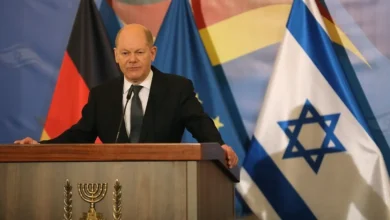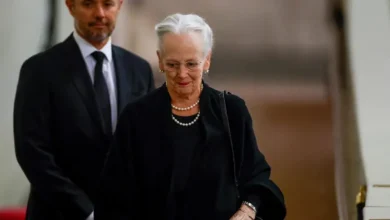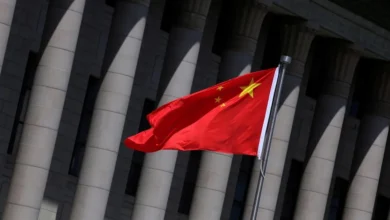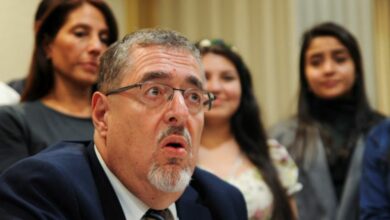Benjamin Netanyahu’s corruption trial, what you need to know
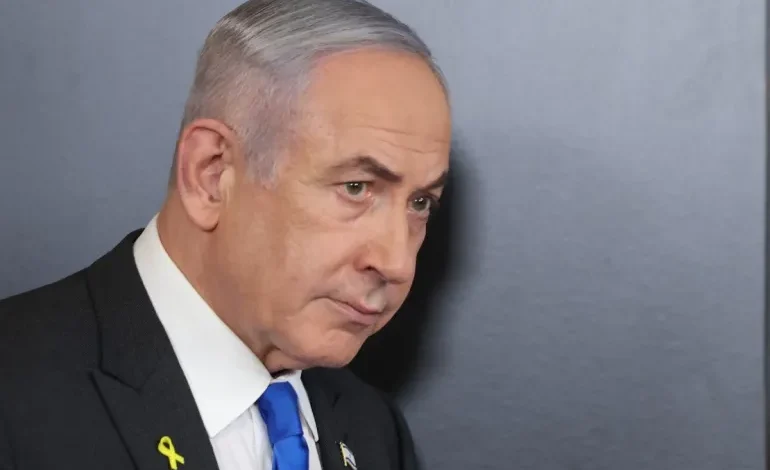
Prime Minister Benjamin Netanyahu, who is facing multiple corruption charges in Israeli courts, is due to testify on Tuesday for the first time in his trial.
He is up against three separate cases of corruption filed in 2019: Case 1000, Case 2000, and Case 4000, which include allegations of bribery, fraud, and breach of trust.
He denies any wrongdoing and claims to be the victim of a politically orchestrated “witch-hunt” by rivals and the media to remove him from office.
Analysts and observers posit that in his efforts to avoid the trials and possible conviction, Netanyahu has been extending and expanding Israel’s assault on the besieged Gaza Strip.
“We were not convinced that a substantial change in circumstances has occurred which would justify a change to the date we set in our [original] decision,” the court said.
Here’s a breakdown of what he is accused of doing:
Case 1000
Also known as the “Gifts Affair”, this case charges the Israeli prime minister with fraud and breach of trust.
It involves allegations that Netanyahu and his wife Sara received lavish gifts from two wealthy businessmen in exchange for political favours.
The businessmen are Arnon Milchan, an Israeli Hollywood film producer, and Australian billionaire James Packer. The gifts allegedly include champagne and cigars.
Milchan testified that he provided gifts to Netanyahu in June 2020.
Netanyahu is accused of advancing Milchan’s interests by helping secure a United States visa after speaking to US government officials.
He is also accused of advancing a tax exemption law that could have benefitted Israelis abroad, including Milchan.
Fraud and breach of trust can result in prison sentences of up to three years, while bribery charges can result in up to 10 years in jail and/or a fine.
Then-Attorney General Avichai Mandelblit said the gifts were given continuously, “such that they became a sort of ‘supply channel’”.
The goods were valued at approximately 700,000 shekels ($186,000), according to a statement made by Mandelblit following the indictment, and were given to Netanyahu “in connection with his public roles and his status as Israel’s Prime Minister”.

